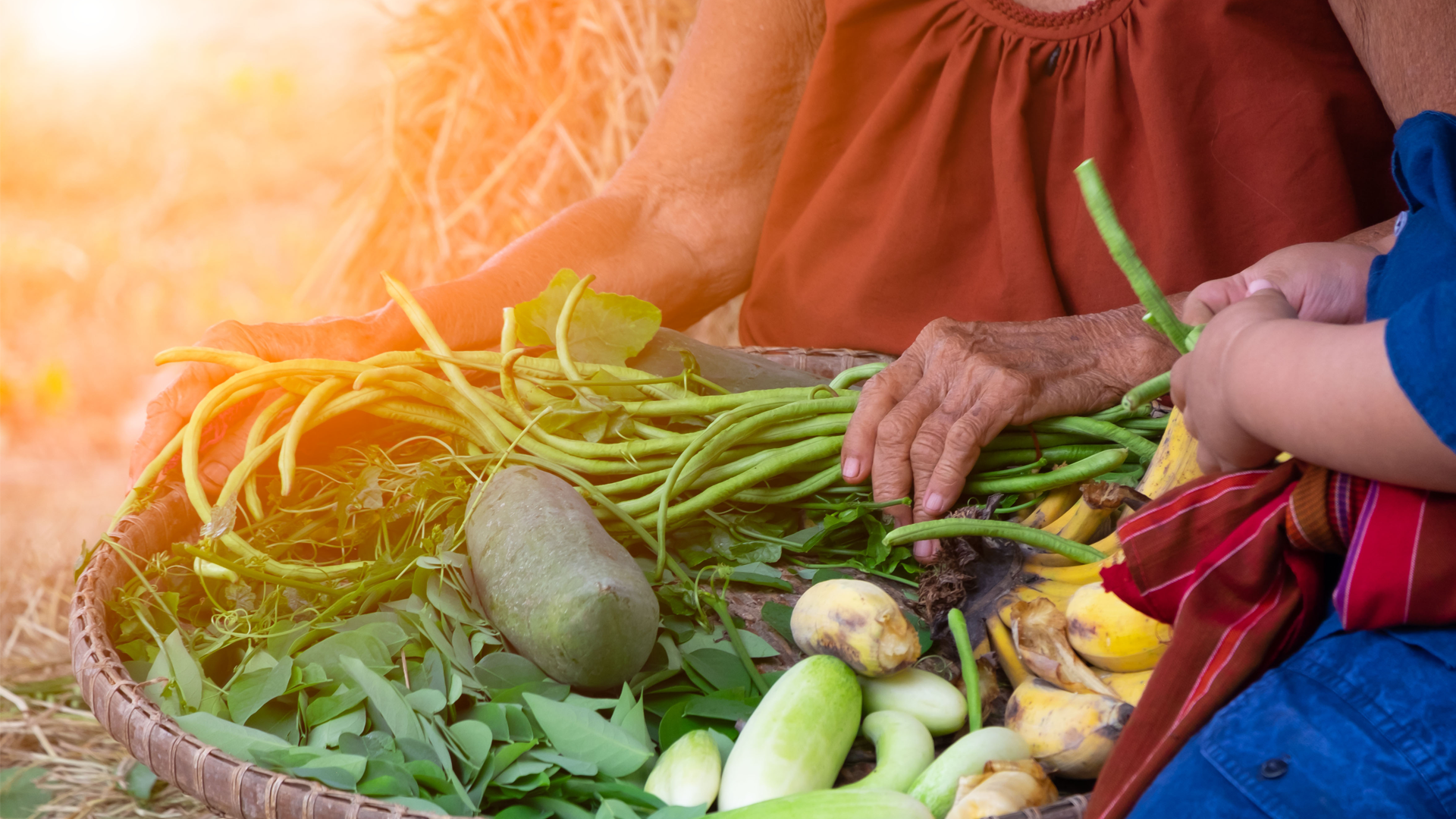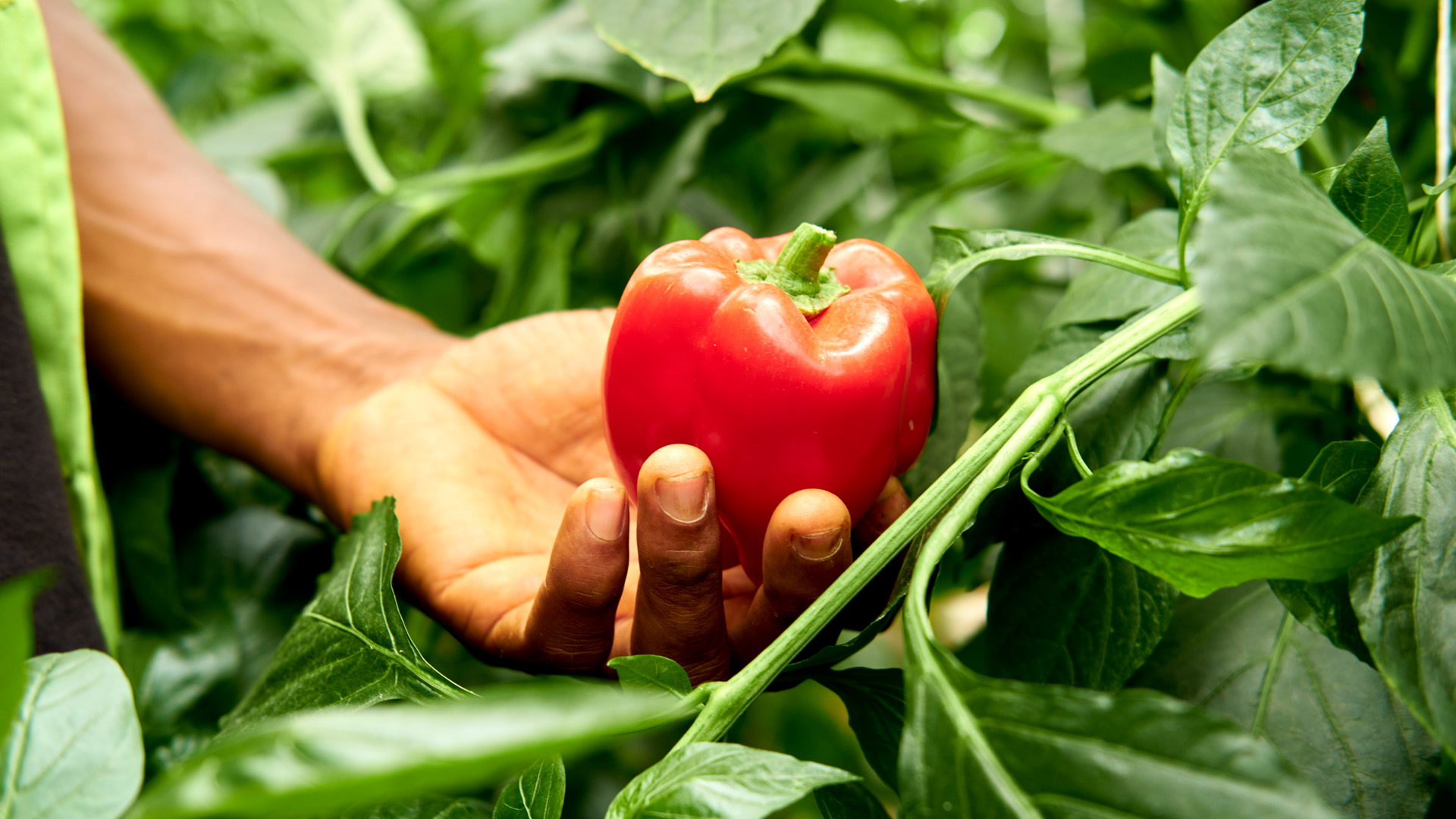Agroecology and regenerative approaches tackle climate, biodiversity and health crises
Industrial food production is driving the biodiversity and climate crises. Our food systems leave 900 million people with food insecurity and over 3 billion people unable to afford a healthy diet.
Changing how we produce and consume food is critical to tackling the polycrises of poor health, climate devastation and biodiversity loss. Communities and small-holder food producers must be in charge of this transition. The transition needs to put their livelihoods, future and well-being at the center.
Agroecology and regenerative approaches to agriculture protects nature and conserves biodiversity. Farmers using these approaches can produce healthy, nutritious and culturally appropriate food. These approaches hold promise to scale up a transition based on equity and justice.
Our report Cultivating Change calculates the cost of the transition to agroecology and regenerative food systems. The transition will require USD 430 billion annually but right now only USD 44 billion goes towards this. In contrast, nearly USD 630 billion goes annually towards agriculture subsidies, half of which are harmful.
The cost to transition to regenerative, resilient, equitable food systems is dwarfed by the massive costs of damage caused by industrial food systems to our health, the environment, and society.

Cultivating Change Report - Key Insights
In 2023, the Global Alliance along with over two dozen philanthropic partners launched an initiative to explore strategies to accelerate and scale agroecology and regenerative approaches. The initiative created a report which explores what's needed to transition a costly global food system into one that is regenerative, renewable, resilient, interconnected, healthy, equitable, and inclusive. Read the key insights from the report.
Read the key insights
Cultivating Change Full Report
The Cultivating Change report was first published in 2023 and re-released with updated content in 2024. Download the pdf of the full report below.
Read the report (pdf)
